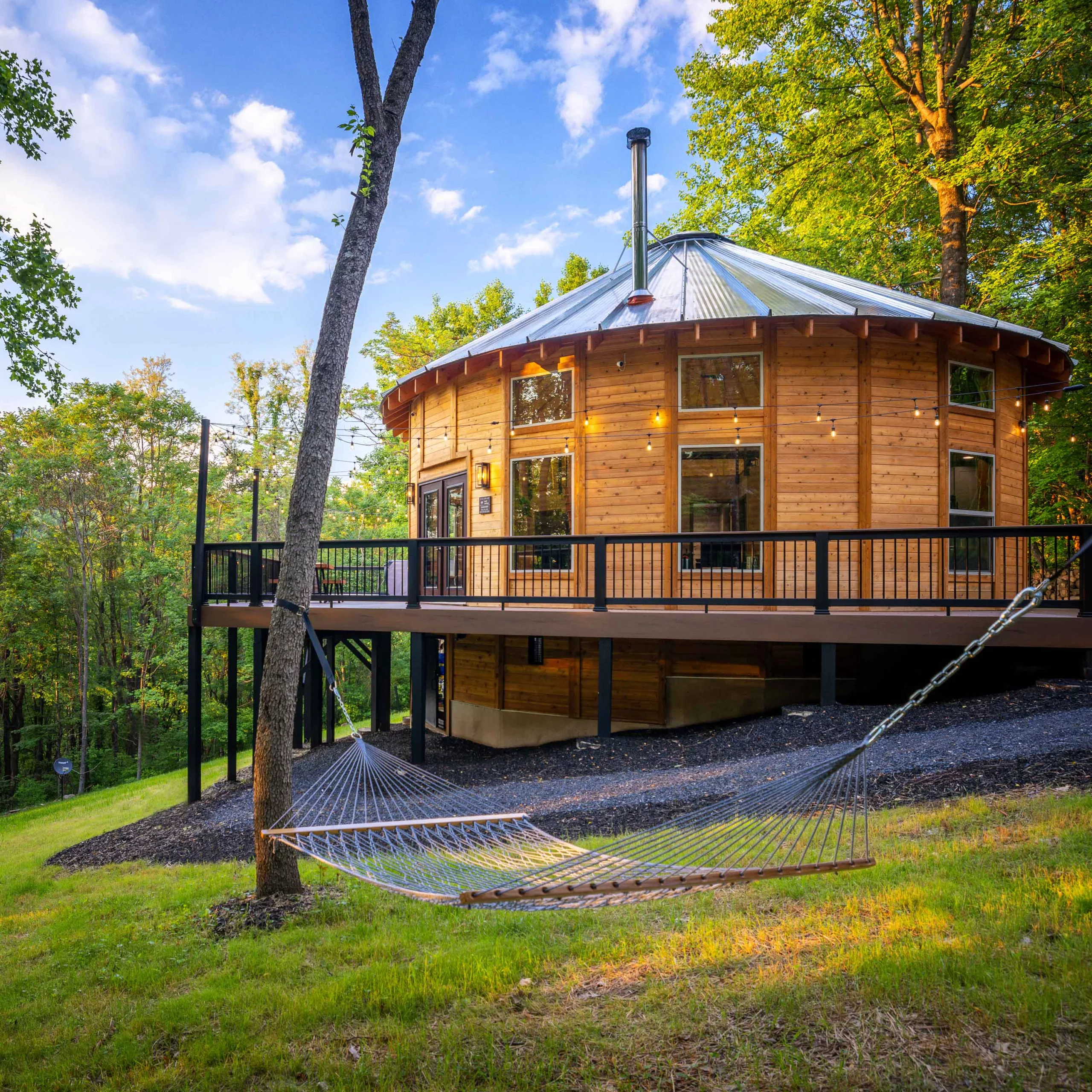A midlife dive into the rigors of distance swimming.

Stroke by Stroke – Feature
After several minutes of fighting off the woman next to me, I started to take it personally. Here we had a whole ocean at our disposal, but this stranger, this indistinct blur by my side, seemed determined to own only the piece of it I was occupying. Over the last few hundred yards she had kicked me, jostled me, slapped me, elbowed and bumped me, even forced me underwater. Parrying her latest blow, I surrendered my line and dodged to the right, stole a glance ahead, and discovered that I was leaving a body brawl only to find myself swimming into a gathering gale.
Ten minutes earlier, when the starting gun had sounded on the fifth open water race of my life—which made it also the fifth competitive swim of any sort I’d ever entered—the ocean had been bottle-green and glassy-smooth, rolling in calm, even undulations to the Virginia Beach shoreline. Now it had turned into a sloppy, wind-driven mess—an entirely different ocean of whitecapped, gunmetal-gray water breaking over my head, with a nasty southbound current apparently determined to deliver me straight to the Outer Banks. I inched north, past the oceanfront hotels and lounging beachgoers, stroke by stroke against the battering sea, finally to win through and stagger across the finish line on the beach, where they would soon raise the red “danger” flags on the lifeguard stands.
So it is with competitive open water swimming, a sport now enjoying a surge of popularity worldwide. Typically involving mass starts with up to hundreds of swimmers, and subject to all the whims of nature, every race is a swim into the unknown. But you take what the day dishes out, from winds and waves to jellyfish stings or a kick in the nose, and you do so happily, because, for reasons nearly impossible to explain to anyone but fellow open water devotees, plunging into murky, wild waters and racing through a crowded melee of thrashing arms and legs is exactly my idea of fun.
Open water swimming debuted as an Olympic event with a 10K (yes, that’s 6.2 miles in the water) in Beijing in 2008. In Virginia, however, open water swimming has a deep history, with several long-running races, including the Jim McDonnell Lake Swims in Reston (23 years), the Chris Greene Lake Cable Swim outside Charlottesville (33 years), and the Jack King One Mile Ocean Swim in Virginia Beach (27 years), where I found myself enjoying such a lively time of it in 2009.
According to open water swimming expert Steve Munatones, I represent what is, perhaps surprisingly, the fastest-growing demographic within the sport: women over the age of 40. Why we should be abandoning our minivans in droves and striking out into the world’s watery bodies, I cannot say—maybe it’s our equivalent of a sports car and a 22-year-old blonde—but I swam my first open water race, one mile in the James River, only days after my 45th birthday. I’m not sure, to be honest, what made me think I was up to swimming a one-mile race. Though I’d been putting in a few days a week of desultory lap-swimming for a couple of years, the sum of my formal swim training was junior and senior lifesaving, both now decades in my past. Even I could see that mastery of the hair tow and the dead man’s float were unlikely to come into advantageous play in the race. Yet for some reason it never occurred to me to worry that I couldn’t swim a mile in a river without stopping. And so I plopped into the water on race day and promptly swam my way into a brand new, midlife obsession.
To the casual observer on the shore, open water swimming holds all the breathtaking excitement of watching moss grow, and takes about as long. Under ideal conditions, even the fastest world-class, open water swimmers clock in at no better than 3.5 miles per hour, or about the pace of a power-walking stroller mom. Your results may vary, and mine certainly do, but what looks like a slow-motion proceeding unfolds in the water as a grueling test of strategy, pacing, determination and endurance. In a sport where anything shorter than a 5K (5,000 meters, or 3.1 miles) is generally considered either a warm-up or a sprint, many swimmers train with an eye to hours-long races, and a two-mile pool workout is a rest day.
The longest organized swim from a Virginia shoreline is the 7.5-mile Potomac River Swim for the Environment on June 5, from the Northern Neck across the mouth of the Potomac to Maryland. If that strikes you as insufficiently challenging, you could always have a go at the United States Masters Swimming 25K (15.5 miles), next scheduled for 2011 in Indiana, the Tampa Bay Marathon Swim (24 miles) or the Manhattan Island Marathon Swim (28.5 miles). Charlottesville physician John Shrum has taken Manhattan twice. Virginia Tech graduate Ron Collins (now a resident of Florida) has conquered Manhattan, Tampa Bay and the famously grueling English Channel.
And then there’s 88-year-old Charlottesville resident Richard Selden, who offers another kind of definition of going the distance. In 2007, Selden set the national age group record in the two-mile Chris Greene Lake Cable Swim. Holding up his award, he declared, “On to 90.” Then he came back in 2008 and set the record again.
I’d like to see myself like Richard Selden in another few decades, if not setting any national records then at least still knocking down my own. When I finished the Great Chesapeake Bay Swim in 2008, 4.4 miles across the Bay between the spans of the Chesapeake Bay Bridge, I may possibly have been the happiest person ever to nab 304th place. Last year, I took 292nd. Nowadays, whenever I come across a wide expanse of water, I eye the distant shore and think, “I wonder if I could swim that?”
(Originally published in the June 2010 issue.)









